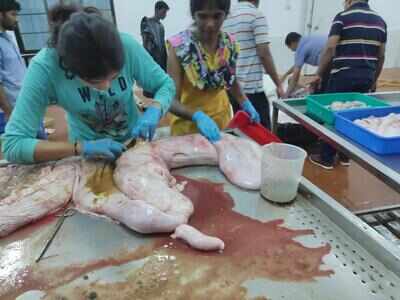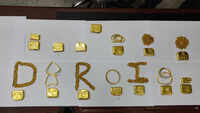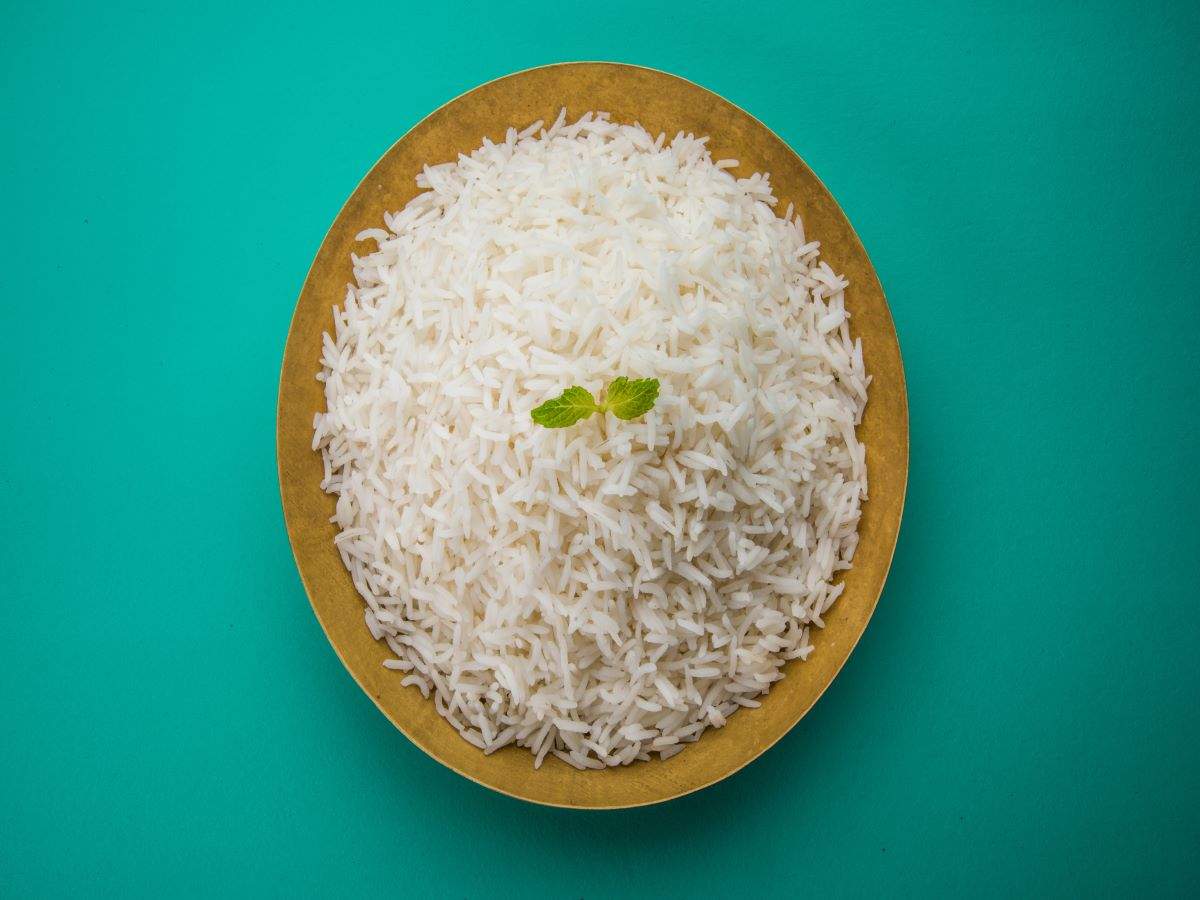
Mangaluru: Experts from the College of Fisheries, who conducted an autopsy on the whale shark that had washed ashore on Surathkal Beach on Saturday, have concluded that the fish had strayed from its migratory route, and was starving. Starvation could have prompted the animal to gulp down a large amount of sand, said the experts.
It may be recalled, that on request from forest department officials, the College of Fisheries carried out an autopsy of the whale shark. Accordingly, forest officials transported the dead whale shark to the fish processing department of the college located at Hoige Bazaar, by using a crane. The fish was brought into the processing hall for an autopsy, under the guidance of the college faculty members, A Senthil Vel, H N Anjanayappa, Shivakumar M, S R Somashekara, V C Raju, S K Girisha and Ganesh Prasad, including PhD and MFSc students.
Senthil Vel, dean (fisheries), College of Fisheries, Karnataka Veterinary, Animal and Fisheries Sciences University, told TOI, “Strong currents and waves in shallow waters due to monsoon conditions caused the whale shark to be forced to move along the shore, and it got injured by hitting boulders and rocky formations present along the Surathkal coast.”
“On examining the texture of the sand, it is possible that the animal gulped in sand from the water along the shores of Surathkal. The stomach of the fish was almost empty, and contained a little amount of some semi-digested matter, which have been taken for further studies. All other organs like liver, pancreas, heart, gills and gall bladder and others were weighed, their length measured, and are stored in a refrigerated condition for further studies. No internal injuries were found in the fish,” he said.
“The species was a male, as it had claspers on the exterior, and well developed testis. Its length was about 5.9 metres, it weighed around 1.2 tonnes and was around 5-6 years in age. The fish which has been cut into various sizes, is stored for further studies in a refrigerated condition at -20° C in the technology wing at the College of Fisheries,” he said. Scientists from the National Institute of Oceanography, Goa, are expected to visit the centre for further studies, he added.
It may be recalled, that on request from forest department officials, the College of Fisheries carried out an autopsy of the whale shark. Accordingly, forest officials transported the dead whale shark to the fish processing department of the college located at Hoige Bazaar, by using a crane. The fish was brought into the processing hall for an autopsy, under the guidance of the college faculty members, A Senthil Vel, H N Anjanayappa, Shivakumar M, S R Somashekara, V C Raju, S K Girisha and Ganesh Prasad, including PhD and MFSc students.
Senthil Vel, dean (fisheries), College of Fisheries, Karnataka Veterinary, Animal and Fisheries Sciences University, told TOI, “Strong currents and waves in shallow waters due to monsoon conditions caused the whale shark to be forced to move along the shore, and it got injured by hitting boulders and rocky formations present along the Surathkal coast.”
“On examining the texture of the sand, it is possible that the animal gulped in sand from the water along the shores of Surathkal. The stomach of the fish was almost empty, and contained a little amount of some semi-digested matter, which have been taken for further studies. All other organs like liver, pancreas, heart, gills and gall bladder and others were weighed, their length measured, and are stored in a refrigerated condition for further studies. No internal injuries were found in the fish,” he said.
“The species was a male, as it had claspers on the exterior, and well developed testis. Its length was about 5.9 metres, it weighed around 1.2 tonnes and was around 5-6 years in age. The fish which has been cut into various sizes, is stored for further studies in a refrigerated condition at -20° C in the technology wing at the College of Fisheries,” he said. Scientists from the National Institute of Oceanography, Goa, are expected to visit the centre for further studies, he added.
Quick Links
Lok Sabha Election Schedule 2019Lok Sabha Election NewsDelhi Capitals teamMI team 2019Rajasthan Royals 2019RCB team 2019Maharashtra Lok Sabha ConstituenciesBJP Candidate ListBJP List 2019 TamilnaduShiv Sena List 2019AP BJP List 2019Mamata BanerjeeBJP List 2019 MaharashtraPriyanka GandhiBJP List 2019 KarnatakaAMMK Candidate List 2019BJP List 2019 WBLok Sabha Elections in Tamil NaduBSP List 2019 UPNews in TamilLok Sabha Poll 2019Satta Matka 2018PM ModiMahagathbandhanNagpur BJP Candidate ListChandrababu NaiduTamil Nadu ElectionsUrmila MatondkarNews in TeluguMadras High CourtTejashwi YadavArvind KejriwalTejasvi SuryaPawan KalyanArvind KejriwalYogi AdityanathJaya PradaSatta King 2019Srinagar encounter
Get the app







